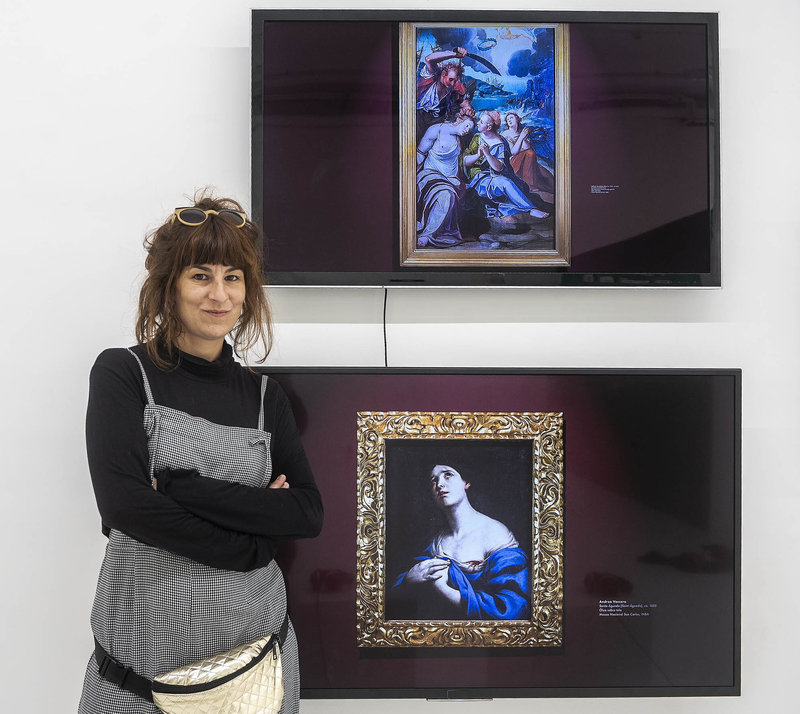Va néixer en Vidreres, un poble pròxim a la ciutat de Girona, en 1981. I allí segueix, és el seu campament base. No viure en una gran capital és una decisió, política, com totes. Es va llicenciar en Belles Arts en la Universitat de Barcelona i va continuar els seus estudis en la Càtedra d'Art de Conducta de l'Havana, Cuba. Des d'aquest moment ha realitzat exposicions en centres d'art de diverses parts del món i participat en nombroses biennals. També ha rebut alguns premis i col·labora regularment amb centres socials i educatius.
Conscient que sovint l'art s'utilitza com a suport simbòlic i emocional de tota mena de poder, intenta no donar respostes ni veritats, no concloure tesis, sinó mostrar els conflictes i les contradiccions que es donen entre diferents realitats. La seva pràctica no és l'expressió d'una contemplació ni el desplegament virtuós d'una tècnica, sinó una pràctica de confrontació, de qüestionament d'evidències i convencions morals. Això normalment comporta moure peces, comporta acció —ja sigui legal o il·legal—, moure individus —còmplices o no—, conduir tràmits burocràtics; fer, també, que les institucions públiques que contracten els seus serveis es moguin en una direcció no articulada prèviament, que s'impliquin i no es limitin a ser meres espectadores. És a dir, principalment, treballar fora del taller i fora de la sala d'exposicions. Les seves obres es componen de gestos i moviments que escapen a la representació, i el que acaba mostrant en l'espai expositiu són algunes petjades o indicis d'aquests moviments, no representacions, no objectes autònoms; l'autonomia es troba en el gest.
Els seus projectes s'originen sempre en algun conflicte social o polític pel qual se sent interpel·lada, i l'objectiu d'ells és intentar que emergeixi una cosa de la qual no es deixa veure; és a dir, i simplificant, donar a percebre alguna cosa del real. I perquè això sigui possible, forçosament, la seva pràctica i les seves conviccions també han de posar-se en qüestió. El seu posicionament enfront de la pràctica artística i les seves conviccions es posen en joc en cada projecte, perquè també són elements que acaben involucrant-se en la confrontació, al mateix nivell que les institucions. Dit d'una altra forma, en finalitzar un projecte gairebé mai surt indemne.
D'altra banda, Núria no pot negar una forta inclinació subversiva en el seu treball, i és que no entén la pràctica artística com una pràctica cultural, sinó tot el contrari: per a ella es tracta d'una pràctica social i políticament necessària en la qual el cultural i el que s'estableix es posen en joc.
 www.nuriaguell.com
www.nuriaguell.com